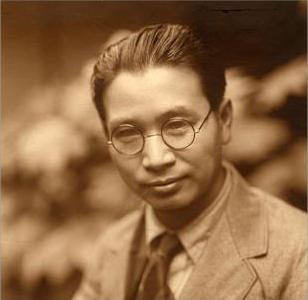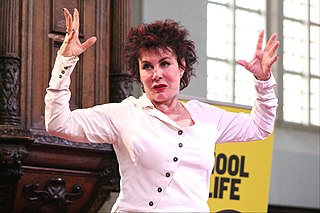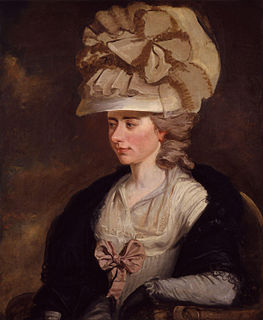A Quote by Toyohiko Kagawa
I read in a book that a man called Christ went about doing good. It is very disconcerting to me that I am so easily satisfied with just going about.
Related Quotes
There is this thing called the university, and everybody goes there now. And there are these things called teachers who make students read this book with good ideas or that book with good ideas until that's where we get our ideas. We don't think them; we read them in books. I like Utopian talk, speculation about what our planet should be, anger about what our planet is. I think writers are the most important members of society, not just potentially but actually. Good writers must have and stand by their own ideas.
A travel book is a book that puts you in the shoes of the traveler, and it's usually a book about having a very bad time, having a miserable time, even better. You don't want to read a book about someone having a great time in the South of France, eating and drinking and falling in love. What you want to read is a book about a guy going through the jungle, going through the arctic snow, having a terrible time trying to cross the Sahara, and solving problems as they go.
I am very bad at remembering the books I've read and so recently I had a wonderful experience. I decided I wanted to teach Toni Morrison's The Bluest Eye. I hadn't read it in twenty-five years. I was surprised to find how much I drew from that book. Stole from that book, learned from that book about writing. I had forgotten and there it was. Morrison has called that text faulted. I cannot see how.
I have this very moment finished reading a novel called The Vicar of Wakefield [by Oliver Goldsmith].... It appears to me, to be impossible any person could read this book through with a dry eye and yet, I don't much like it.... There is but very little story, the plot is thin, the incidents very rare, the sentiments uncommon, the vicar is contented, humble, pious, virtuous--but upon the whole the book has not at all satisfied my expectations.
The plot is very important because writers have to play fair with their readers, but no one would care about the plot if the character work wasn't there. So, basically every book I work on starts with me thinking not just about the bad thing that's going to happen, but how that bad thing is going to ripple through the community, the family of the victim, and the lives of the investigators. I am keenly aware when I'm working that the crimes I am writing about have happened to real people. I take that very seriously.
Heidegger wrote a book called Was Ist Das Ding - What Is a Thing? which was kind of interesting and influential to me, as a matter of fact. It's a small paperback, which I read. It's about the nature of thingness; what is it? It's a very penetrating analysis of that, and I think a rather influential book. I know other artists who have read it and come up with it.
Literary men now routinely tell their readers about their divorces. One literary man who reviews books wrote, in reviewing a study of Ruskin, that he had never read a book by Ruskin but that the study confirmed him in his belief that he didn't want to read a book by Ruskin. This man very often writes about his family life.






































